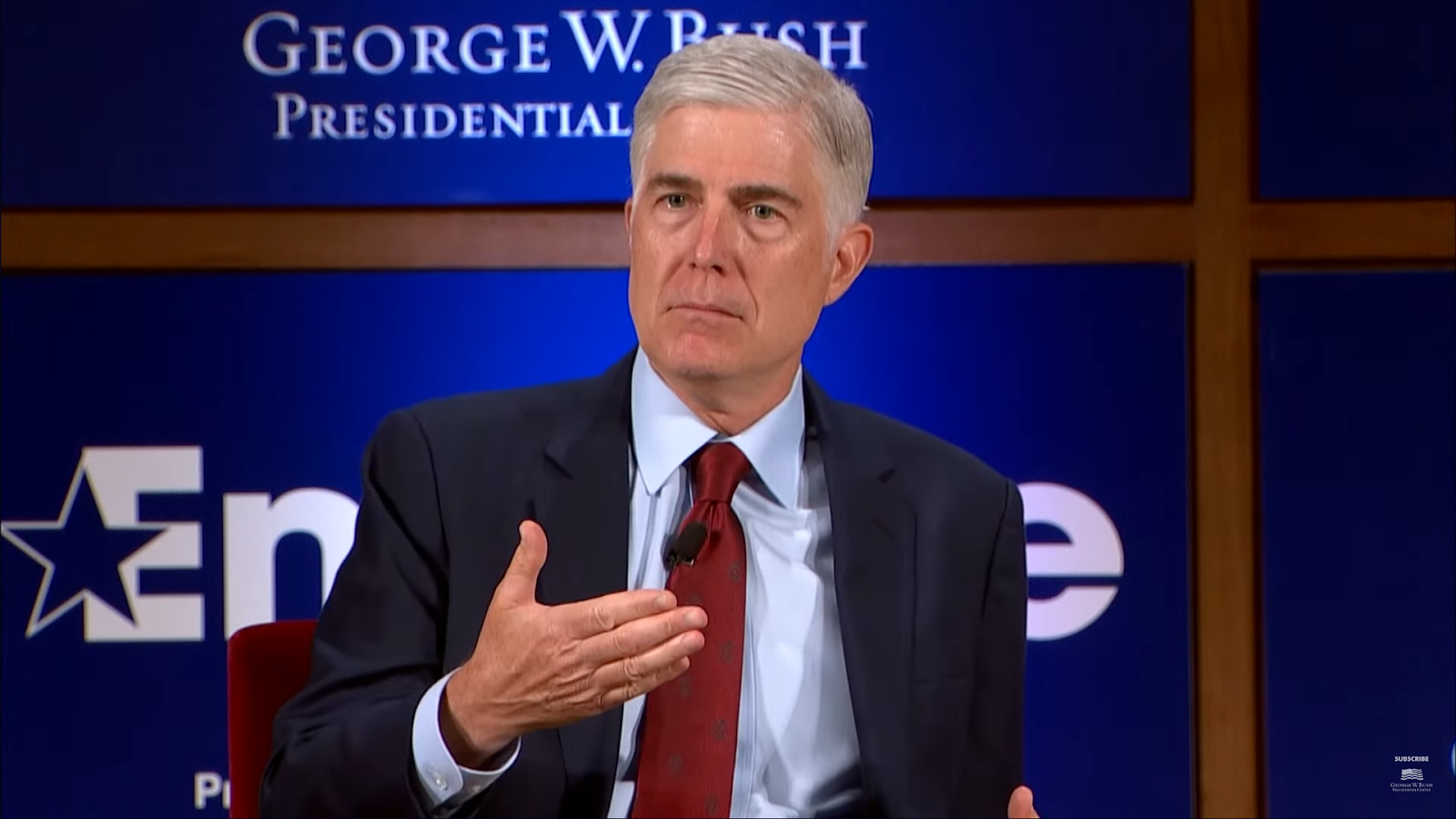The U.S. Supreme Court has granted a temporary stay on a lower court ruling that blocked the National Institutes of Health (NIH) from terminating diversity, equity, and inclusion (DEI) related grants totaling nearly $800 million. The decision, made on August 22, 2025, was a narrow 5-4 ruling, with Chief Justice John Roberts and the court's Democratic appointees dissenting.
Explainer Supreme Court Allows Mississippi's Social Media Age-Verification Law to Proceed
This ruling comes amid ongoing tensions between the Supreme Court and lower courts, particularly regarding decisions made by district judges perceived as politically motivated. The Trump administration had requested the stay to allow the NIH to proceed with its plans, arguing that the lower court's injunction was unwarranted.
Justice Neil Gorsuch, who authored a concurring opinion, criticized the behavior of lower courts, stating that they are not free to defy the Supreme Court's decisions. He emphasized that lower court judges must adhere to the established legal framework, regardless of their personal views.
"Lower court judges may sometimes disagree with this Court’s decisions, but they are never free to defy them," Gorsuch wrote. His comments reflect a growing concern among some justices about the perceived overreach of lower courts in recent rulings.
Gorsuch pointed to a related case, Department of Education v. California, where the Supreme Court had previously ruled that certain lawsuits should not be heard in district court under the Administrative Procedure Act (APA). He noted that the district court in the current case had ignored this precedent, allowing a similar suit to proceed.
The ruling highlights a broader issue within the judiciary, as Gorsuch noted that this was not an isolated incident. He referenced multiple cases in which lower courts have diverged from Supreme Court precedents, prompting the high court to intervene. "If the district court’s failure to abide by California were a one-off, perhaps it would not be worth writing to address it," Gorsuch stated.
Critics of the lower courts argue that these actions reflect a pattern of judicial activism that undermines the authority of the Supreme Court. Supporters of the lower court decisions contend that they are necessary to address issues of equity and justice in the face of federal policies they view as discriminatory.
The Supreme Court's decision to grant the stay allows the NIH to move forward with its plans while the legal battles continue. This case is part of a larger trend of legal challenges surrounding federal policies on DEI initiatives, which have become a contentious issue in American politics.
As the legal landscape evolves, the Supreme Court's interventions may set important precedents regarding the limits of lower court authority and the interpretation of federal law. Gorsuch's remarks serve as a reminder of the hierarchical structure of the federal court system, which is designed to maintain consistency in the application of the law.
The ruling underscores the ongoing debate over the role of the judiciary in shaping policy and the balance of power between the branches of government. As the Supreme Court continues to navigate these complex issues, its decisions will likely have lasting implications for the future of federal judicial authority.
Why it matters
- The Supreme Court's stay allows NIH to continue DEI grants, impacting nearly $800 million in funding amid ongoing legal battles.
- This ruling reflects tensions between the Supreme Court and lower courts, highlighting concerns over judicial activism and authority.
- Justice Gorsuch's comments signal a push for lower courts to adhere strictly to Supreme Court precedents, affecting future legal interpretations.
- The case is part of a broader trend of legal challenges to federal DEI policies, influencing American political discourse.
What’s next
- Watch for upcoming hearings on the NIH's DEI initiatives as legal battles progress.
- Monitor potential appeals from lower courts regarding the Supreme Court's ruling.
- Expect further commentary from legal experts on the implications of this decision.

